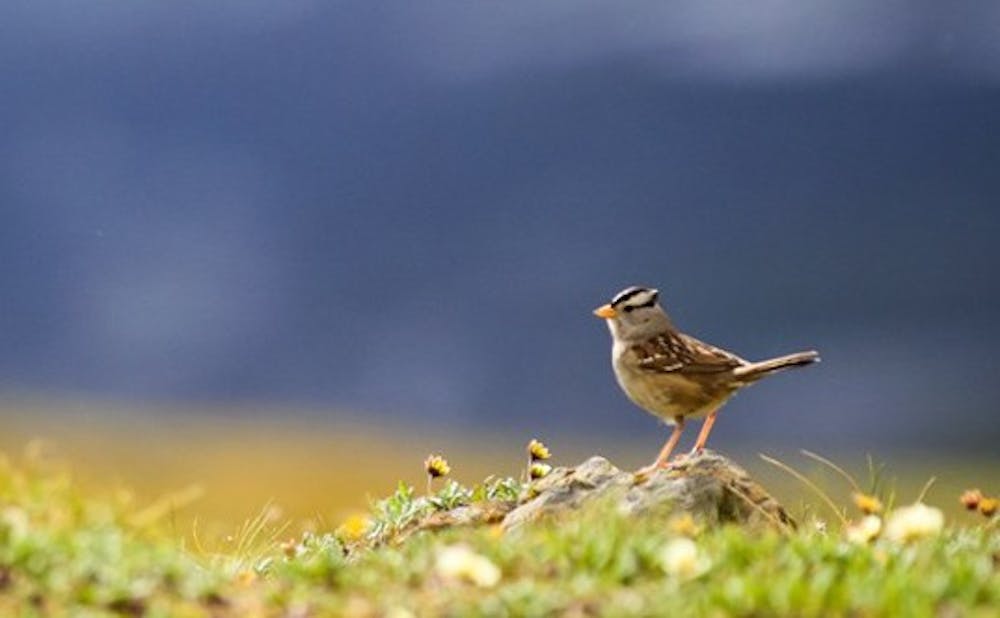New research has led a Duke professor to rescind a hypothesis he made years ago.
Initially, Professor of Biology Steve Nowicki made the hypothesis that the quality and complexity of a male bird’s song indicated a high mating potential to females because it also conveyed intelligence. Now, although it has been shown that the song does directly relate to brain size, Nowicki publicly acknowledged that the females are not choosing their mates based on brainpower.
It has long been known that that females factor the male’s song into their mating decisions. However, researchers were not able to definitively say what part of the singing ability females were targeting. Nowicki’s team hypothesized that complexity indicated intelligence, which would be helpful in finding good nesting and hunting locations for chicks. However, further research invalidated the hypothesis, and scientists are once again asking why female birds care about the male’s song.
“The main goal of the research is to understand what kind of information an animal’s signal has, and what makes that signal reliable," Nowicki said.
He explained that in general, animals cannot lie the way humans can. Whereas a human male could falsely boast about height, education or occupation on a dating profile, animals use innate sounds to convey information. When a young male songbird learns a song, similar to how human speech is developed, his ability to replicate that song is positively correlated to his intelligence, Nowicki added.
The young birds go through subsong, a stage similar to babbling from toddlers. During this time, different birds will progress through different degrees of developmental stress. Higher stress leads to worse memorization of the song and results in a smaller brain.
“The song is an indicator signal saying how well this male developed,” Nowicki said.
Assuming that all birds undergo the same relative amounts of developmental stress, then the males that were able to perform best under that stress will be the smartest mating choices, he added.
Such was the hypothesis presented in Nowicki’s paper in the early 2000s. However, after suggesting that females cared about the size of the brain as indicated by the quality of the song, Nowicki began experimenting.
He first tried working with wild birds. The team recorded song sparrows, comparing their tunes to the standard ones found in the wild. They then captured the birds and ran them through a series of cognitive tests, such as flipping open the right container to find food. The results were inconclusive, with better singers doing well on some tasks but poorly on others.
In order to comprehensively test the hypothesis, Nowicki turned to a more controlled experiment. They raised chicks, carefully monitoring which songs they were exposed to and then testing their cognitive abilities, but again found no consistent correlations.
This study could also demonstrate a flaw in the way people think of animal intelligence. Humans have a high correlation with cognitive tasks, which is why there can be a generalized IQ. However, birds are very modular and can’t be quantified in one single intelligence measure.
The experiment is an example of the importance of negative data. Nowicki said that an issue in science is the difficulty to publish negative data compared to positive.
“When we're doing science we can't be so in love with a hypothesis that we aren't willing to test it critically,” he explained.
Nowicki’s future work will be centered around the way birds perceive color and the implications that has on mating potential. Since brighter males normally attract more females, it is important to know if the females see color categorically—either red or orange or continuously—a spectrum from red to orange.
Get The Chronicle straight to your inbox
Signup for our weekly newsletter. Cancel at any time.

Maria Morrison is a Trinity senior and a digital strategy director for The Chronicle's 117th volume. She was previously managing editor for Volume 116.

